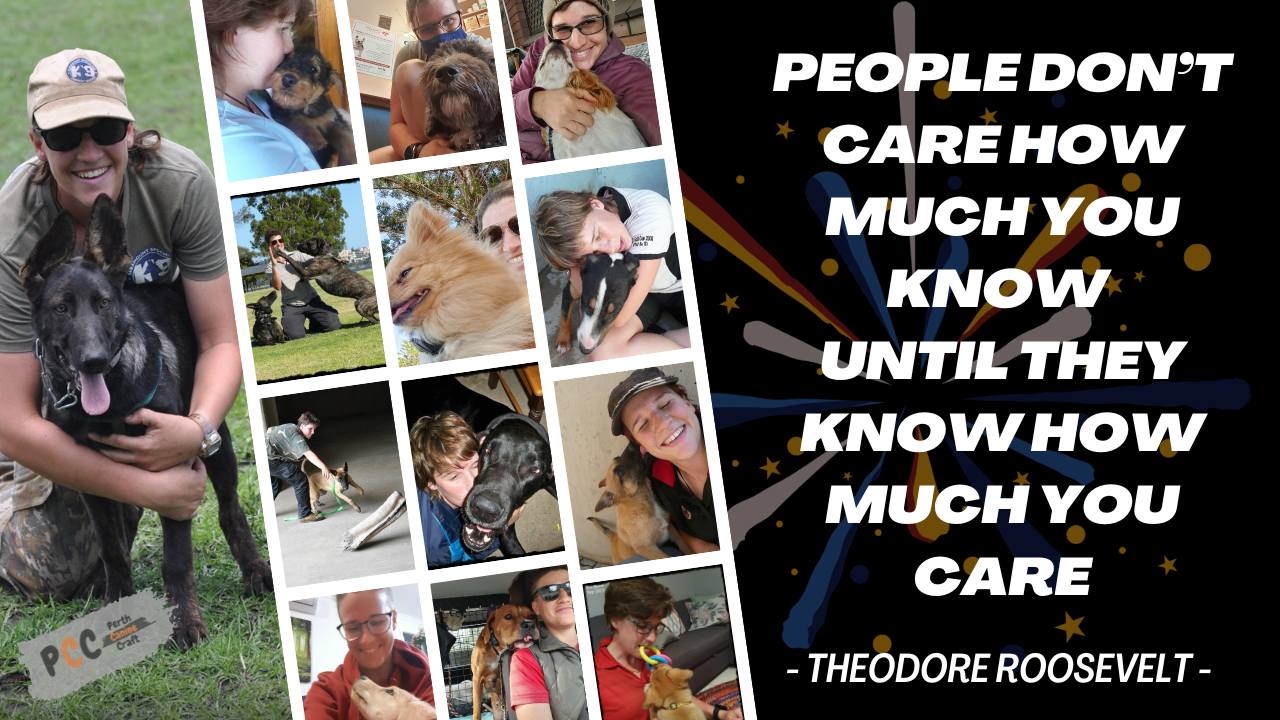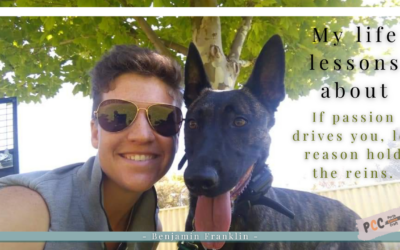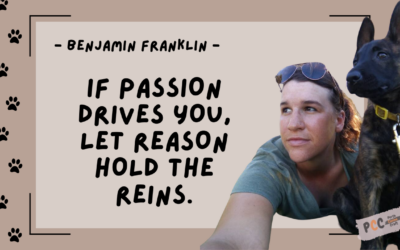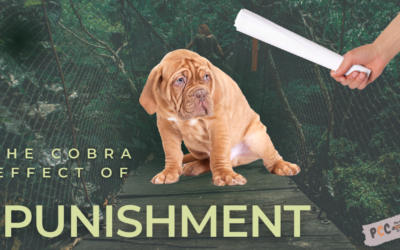Hey there, fellow dog enthusiasts! You know, there’s a quote by Theodore Roosevelt that really resonates with me: “People don’t care how much you know until they know how much you care.” This wisdom doesn’t just apply to people; it’s equally relevant in the world of pet ownership, particularly when it comes to our canine companions.
Allow me to share some insights as a dedicated dog trainer who’s deeply passionate about dogs and their well-being. For me, dog training isn’t just a job; it’s a labour of love. It’s about ensuring that dogs live their best lives, and it all starts with care.
Understanding Your Dog’s Needs
Being a dog trainer means, first and foremost, understanding our furry friends’ needs. Sure, basics like food, water, and shelter are essential, but it goes beyond that. It’s about comprehending their breed-specific traits, their individual quirks, and their unique personalities. Just like people, dogs have distinct characters, and getting to know them on a deeper level is fundamental to demonstrating care.
Quality Time is Key
One of the most rewarding aspects of being a dog trainer is the quality time spent with these incredible animals. Dogs thrive on companionship and interaction, so sharing playtime, leisurely walks, cuddles, and bonding moments is at the heart of showing them you care.
Health is Wealth
Caring for dogs also means prioritizing their health. As a dog trainer, I advocate for regular vet check-ups, vaccinations, and preventive care. Keeping a vigilant eye on any changes in behaviour or physical well-being is essential. When it comes to health, vigilance and prompt action are key.
Safety First
A crucial part of care is ensuring a safe environment. Dog trainers understand the importance of pet-proofing living spaces, removing potential hazards, and creating a secure, dog-friendly home. After all, safety is the foundation of a happy and healthy life for our four-legged companions.
Balancing Ethology and Learning Theory: My Approach to Dog Training
In the world of dog training, there’s a beautiful balance between understanding a dog’s natural behaviour (ethology) and employing learning theory to shape their actions. As a dedicated dog trainer who loves dogs deeply, I find myself mostly relying on reinforcement to create behaviours, and it fosters enthusiasm. But some dogs need more brakes or dangerous behaviours need to be stopped to ensure safety – that is where punishment comes into play – a very natural system, after all, most sentient beings’ brains are designed to take on negative consequences quickly to adapt and keep safe.
To give you context – punishment is like using salt in my meals, I use it sparingly otherwise my meal will just suck, and just like my meals, I don’t want my relationship with my dog to suck. However, it’s essential to remember that dogs are dogs, each with their unique quirks and personalities, so continuing with that analogy – so how much salt will depend on the meal. Otherwise, reinforcement is an invaluable tool in my training arsenal.
Ethology: Understanding a Dog’s Nature
But let’s not forget about ethology, the study of natural dog behaviour. Dogs have a language of their own, with intricate social cues and instincts. Understanding these aspects is crucial for effective communication. By tapping into ethology, I gain insights into why dogs behave the way they do, helping me tailor my training methods to each individual.
The Perfect Blend: Ethology and Learning Theory
So, what’s the secret sauce to my dog training success? It’s the fusion of ethology and learning theory. I believe that acknowledging a dog’s innate behaviours while using Reinforcement and Punishment appropriately to be a responsible owner in an ethical way. While I lean towards using mostly reinforcement, I also recognize that every dog is unique. Some may respond better to other training methods. Flexibility is key in dog training, and I adapt my approach to suit the dog’s needs, always keeping their well-being at the forefront.
Building Trust and Confidence
By incorporating ethology, I aim to build trust and confidence in my furry pupils. When a dog realizes that I understand their language and respect their instincts, a profound connection forms. This connection is the foundation upon which effective training is built.
The Bottom Line: It’s About the Dog
In the end, whether I’m using reinforcement, punishment, ethology, or a combination of it all, my focus remains on the dog. I am, after all, a dog trainer because I love dogs. My goal is to ensure that they lead happy, healthy lives and form deep, trusting bonds with their human companions.
Conclusion
So, in the world of dog training, I don’t just rely on one method. I’m a mostly reinforcement trainer who understands that dogs are wonderfully complex beings. By embracing both ethology and learning theory, I can help all dogs learn, grow, and thrive in a way that respects their nature and nurtures their potential.





0 Comments